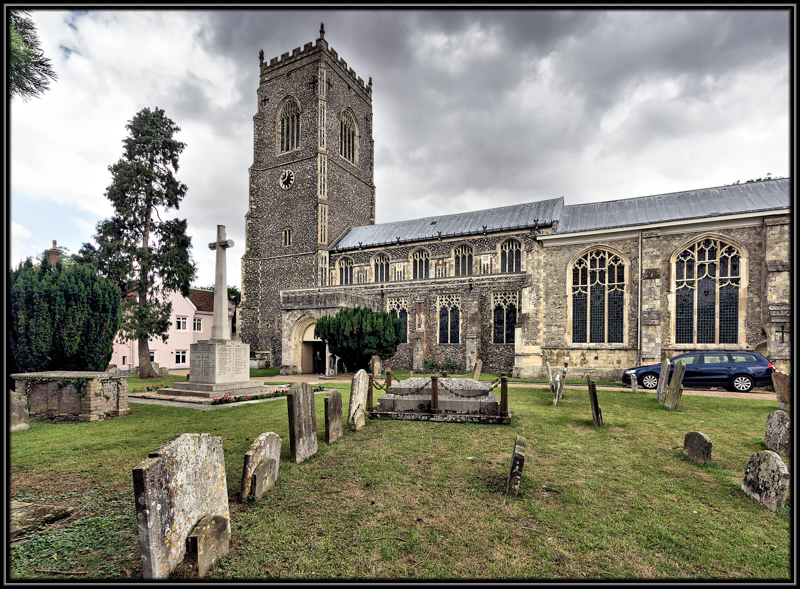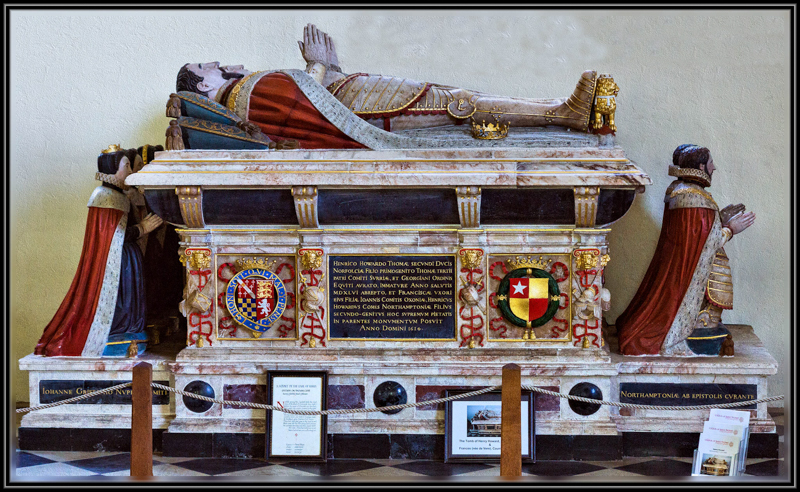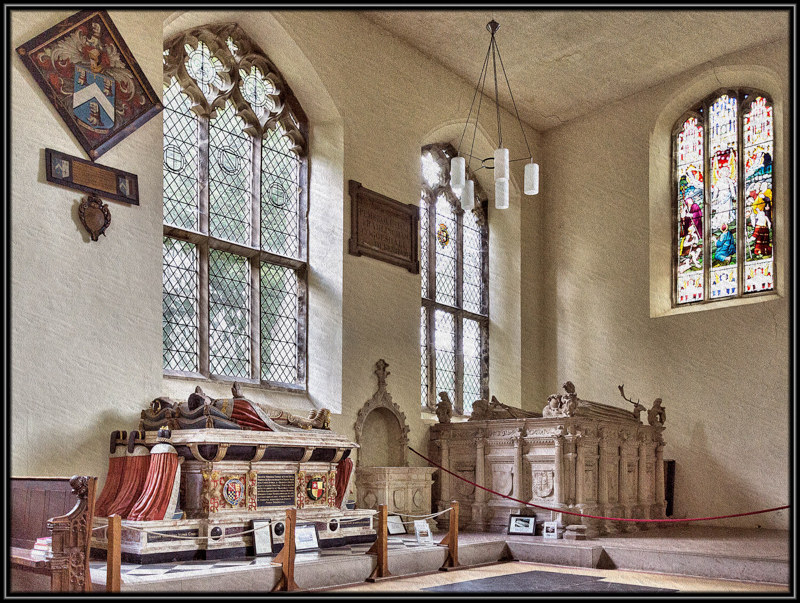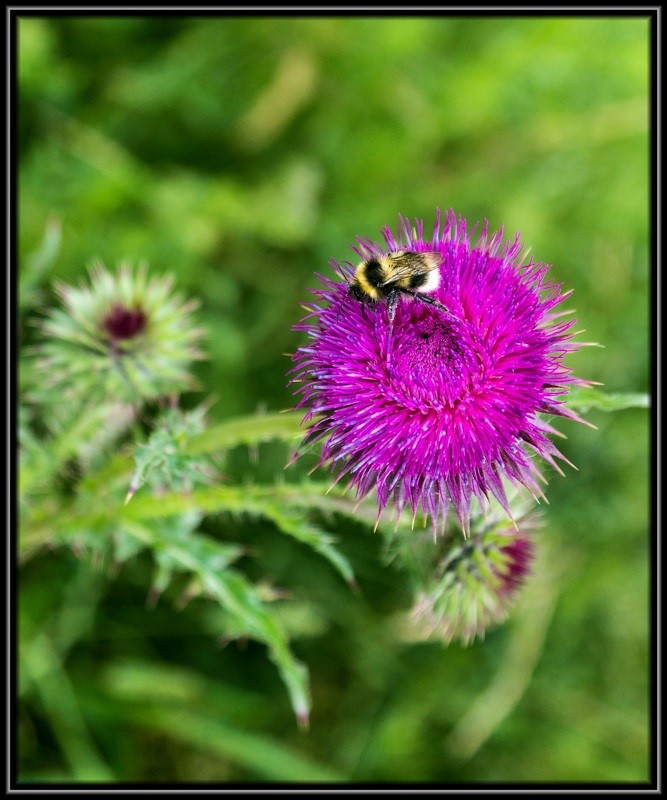There are many reasons why you would wish to pay a visit to the Suffolk Market town of Framlingham.
There is the Norman Castle, The Church of St Michael the Archangel the final resting place of The Dukes of Norfolk not to mention the town with all its irresistible picturesque charm, but if you are a devotee of the English Sonnet you may be visiting on another type of pilgrimage.
In The Church of St Michael the Archangel lies Henry Howard, The Earl of Surrey, he lost his head at the Tower of London on January 19, 1547 and was buried in the church of All Hallows Barking, he was later reinterred in the church in Framlingham by his second son Henry, Earl of Northampton, who erected the magnificent monument for him in 1614.
Henry Howard is often affectionately known as the Earl Poet and along with Sir Thomas Wyatt, are often referred to as the Father of The English Sonnet, they are credited with introducing the sonnet into English poetry which Shakespeare used to such great effect in later years.
“Set Me Whereas The Sun Doth Parch The Green”
By Henry Howard, The Earl of Surrey
Set me whereas the sun doth parch the green
Or where his beams do not dissolve the ice,
In temperate heat where he is felt and seen;
In presence prest of people, mad or wise;
Set me in high or yet in low degree,
In longest night or in the shortest day,
In clearest sky or where clouds thickest be,
In lusty youth or when my hairs are gray.
Set me in heaven, in earth, or else in hell;
In hill, or dale, or in the foaming flood;
Thrall or at large, alive whereso I dwell,
Sick or in health, in evil fame or good:
Hers will I be, and only with this thought
Content myself although my chance be nought.
“I Find No Peace, and All My War is Done”
Sonnet 12 By Sir Thomas Wyatt
I find no peace, and all my war is done:
I fear, and hope; I burn, and freeze like ice;
I fly above the wind, yet can I not arise;
And nought I have, and all the world I seize on;
That locketh nor loseth holdeth me in prison,
And holdeth me not, yet can I ‘scape nowise:
Nor letteth me live, nor die at my devise,
And yet of death it giveth me occasion.
Without eyen I see, and without tongue I ‘plain;
I desire to perish, and yet I ask health;
I love another, and thus I hate myself;
I feed me in sorrow, and laugh in all my pain.
Likewise displeaseth me both death and life,
And my delight is causer of this strife.
Sonnet XII
By William Shakespeare
When I do count the clock that tells the time,
And see the brave day sunk in hideous night;
When I behold the violet past prime,
And sable curls, all silvered o’er with white;
When lofty trees I see barren of leaves,
Which erst from heat did canopy the herd,
And summer’s green all girded up in sheaves,
Borne on the bier with white and bristly beard,
Then of thy beauty do I question make,
That thou among the wastes of time must go,
Since sweets and beauties do themselves forsake
And die as fast as they see others grow;
And nothing ‘gainst Time’s scythe can make defence
Save breed, to brave him when he takes thee hence.
Web Links:
The Dukes of Norfolk Thetford Priory

















